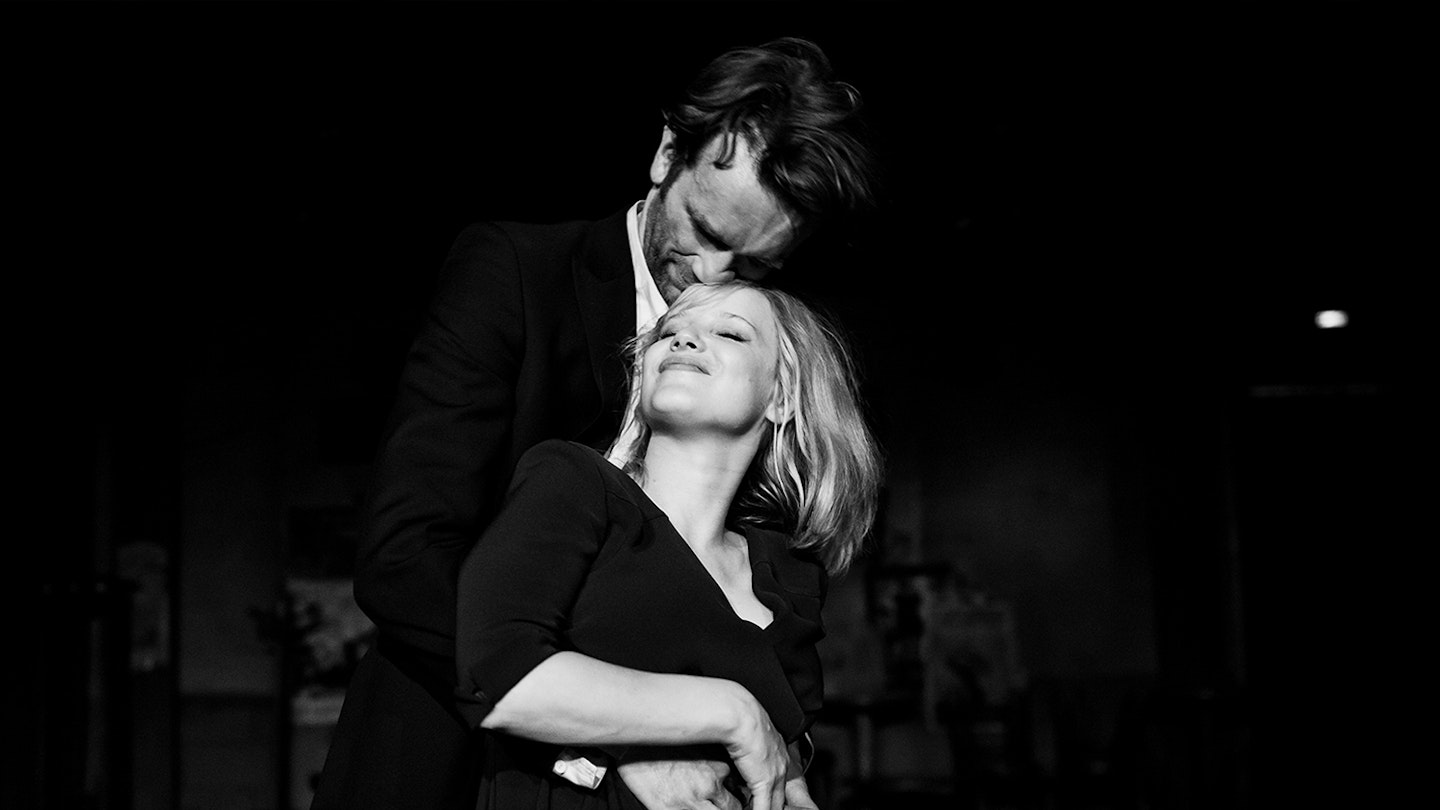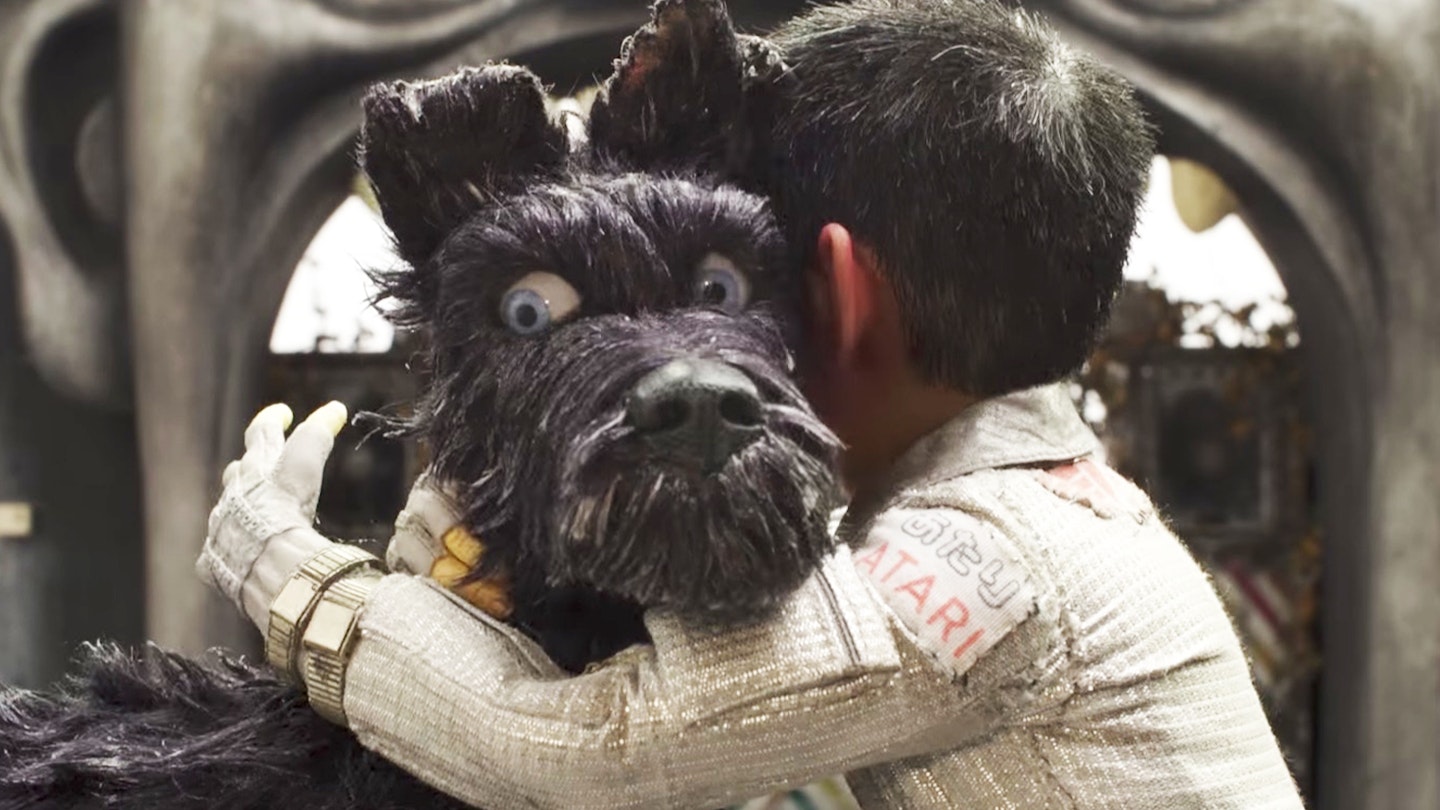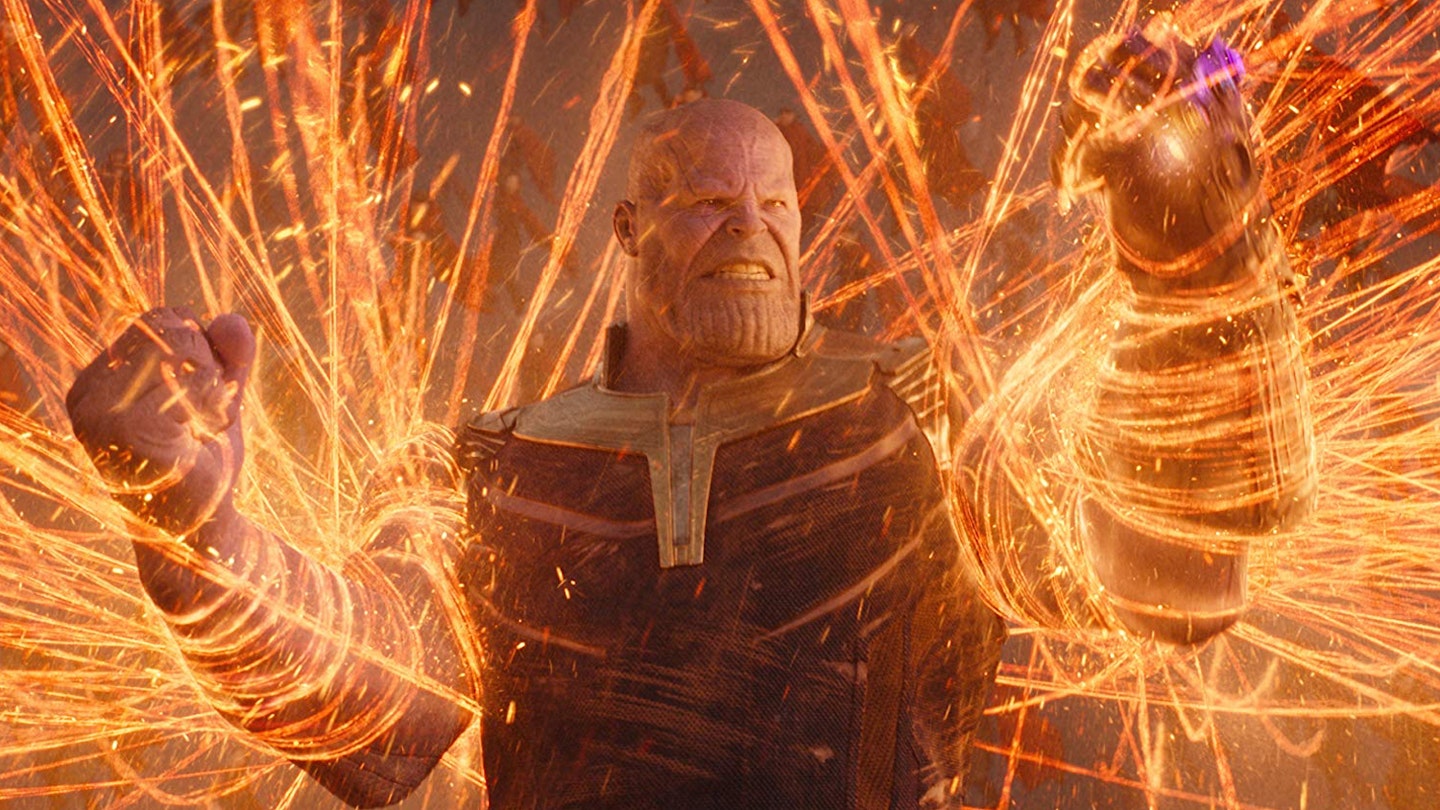Poland in the late ’40s was a country in ruins, still ravaged by the effects of having not one, but two of the most brutal armies in modern history fighting their way across it. It’s here that writer-director Pawel Pawlikowski sets Cold War, his first film since 2013 Oscar-winner Ida. Taking loose inspiration from his parents’ lives, he’s created something that’s moving, rich with period detail and startlingly well-acted.
With the country’s newly created Communist government attempting to connect with its rurally based citizens, it sends a bunch of urban intellectual types round the country to record traditional folk music and recruit its performers to restage their traditional dances and songs. It’s all in the name of propaganda — the music is used to deify Stalin in a series of performance scenes that capture the weird tyrannophile kitsch typical of Communism at the time.
Visually, you’re unlikely to see a more beautiful film this year.
One of those musicians is the intense, chain-smoking Wiktor (Kot), who finds his eye caught by Zula (Kulig) — a peasant girl whose vim and vigour are pretty much the leftie urban intellectual’s dream of authentic rural folk. However, instead of Phantom Thread-style power games, Zula is more than Wiktor’s match from day one.
And late ’40s Poland was a very different place from ’50s England, so our couple here have more on their plates than awkward breakfasts. In their own ways, they both rub against their government’s stifling authoritarianism, well represented by Borys Szyc’s anti-Semitic apparatchik. Escape to the West seems to offer freedom, but as Wiktor miserably plays piano in a Paris jazz bar, he finds his problems may not have been left behind in Poland.
While on the subject of jazz, it’s pertinent to note some of Cold War’s biggest strengths are in the notes Pawlikowski doesn’t play. What could on paper sound like a melodrama is captured with minimal dialogue. Grand themes of the relationship between culture and the state, individual freedom and compromise, and how far love can be expected to overcome the world it swims through: they’re all handled elegantly and without fuss, and in a mere 88 minutes.
The delivery is top-notch too, Kulig in particular giving a breakout performance that would have the French New Wave choking on their Gitanes. Visually, you’re unlikely to see a more beautiful film this year, Pawlikowski quoting the Polish cinema of the period with composition after composition so geometrically precise they almost count as graphic design over photography. Individual moments of grace abound: there’s one shot of Kulig drifting down a river that belongs in a gallery. The union of political and emotional despair has never looked so good.



